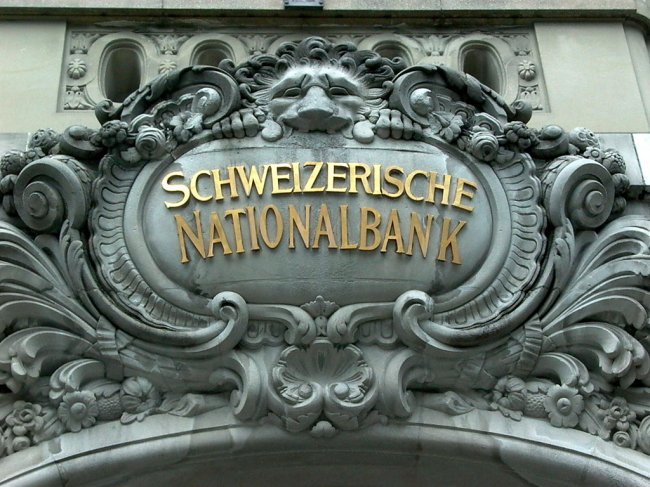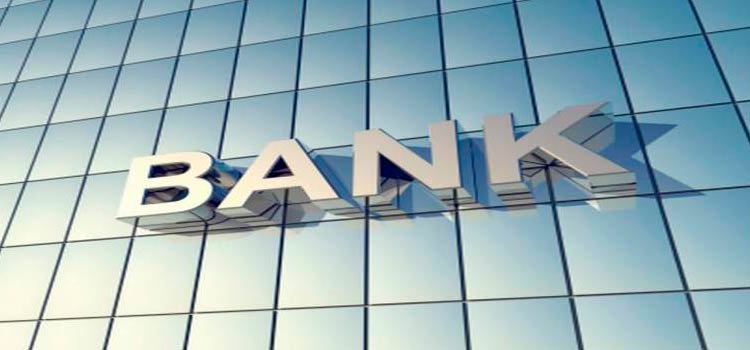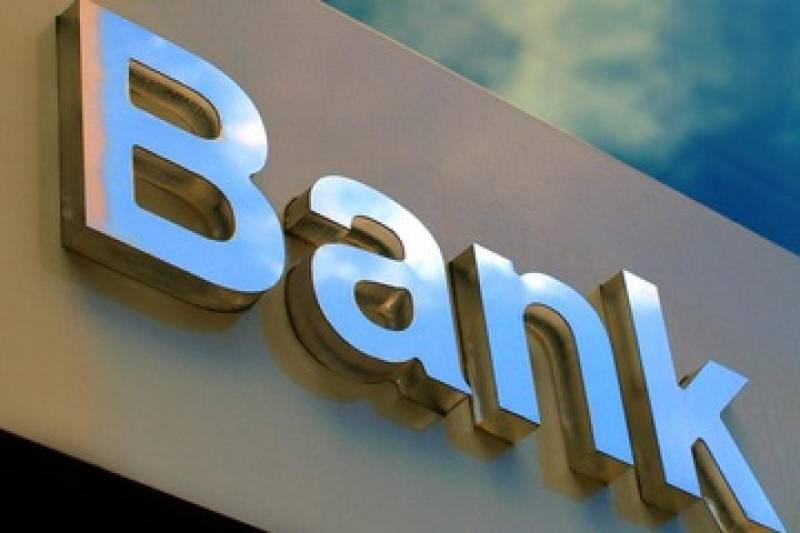Commercial Bank
 Credit organizations are divided into banks and non-bank credit organizations. The latter can only perform individual banking transactions.
Credit organizations are divided into banks and non-bank credit organizations. The latter can only perform individual banking transactions.
A commercial bank is an organization created primarily for the accumulation of funds and placing them on its own behalf on the terms of repayment, urgency and payment.
A commercial bank is the main link in the banking system of a market economy.
The procedure for opening, registering and liquidating commercial banks is determined by the Law “On Banks and Banking Activities”.
When you create a bank issued a license of the Bank of Russia. The Central Bank carries out the state registration of the bank.
The founders of the bank may be legal entities and individuals. They draw up the memorandum of association and hold a constituent assembly. The latter decides to establish a bank, approves the charter, name, elects the board of directors, the audit commission, the candidacies of managers and the chief accountant, the balance sheet and the plan for income, expenses and profits for the first three years.
The Central Bank of Russia directs the Bank of Russia a conclusion on the feasibility of creating a bank. Central Bank makes the final decision.
The first step in liquidating a bank is to revoke a banking license. The final step – the bankruptcy of the bank.
Banks in the form of joint-stock company authorized capital is divided into a certain number of shares of equal nominal value, placed among legal entities and individuals. Shareholders are liable for the obligations of the bank within the limits of their contribution to the total share capital. Joint stock banks are open and closed.
The supreme body of the Bank-JSC is the meeting of shareholders (at least 1 time per year). The meeting is valid in the presence of three quarters of shareholders.
The general management of the bank (JSC) is exercised by the board of directors (supervisory board). It is charged with monitoring the work of the bank’s board. The composition of the board is determined by the statute. The Board of Directors determines the general directions of the bank’s commercial activities, considers projects of credit and other plans, approves plans for income and expenses, profits, opening and closing branches and other major issues.
The Board manages the operational management of the bank. Board decisions are taken by majority vote. In case of disagreement, the final decision is made by the board of directors.
The Audit Commission is elected by the general meeting of shareholders of the bank (participants). The main purpose of the commission is to prevent violations.
Accounting in commercial banks determines the rules of the Bank of Russia. For purposes of publicity, bank balance sheets should periodically be published in print (after the audit).
The bank has the right to open branches. The branch is not a bank and works by proxy. He conducts his business on behalf of the parent commercial bank.
A representative office of a bank is a separate subdivision that does not have a correspondent subaccount (a correspondent account that reflects the calculations made by the bank on behalf of and at the expense of another bank on the basis of an agreement, the subaccount is a subsidiary bank account for financing the representative office) and is not engaged in settlement and credit services. To make current payments, a current account is opened for him (a bank account opened with a bank for current operations).
Principles of commercial banks
In a market economy, commercial banks operate on the basis of the following basic principles:
– carrying out activities within the framework of the legislation;
– full economic independence;
– Receiving a profit;
– maintaining liquidity;
– relationships with customers and partners based on market laws;
– work within the limits of actually available resources and their effective use for the purpose of receiving profit;
– regulation of the activities of commercial banks is carried out with the help of economic instruments, and not administration.
The main functions of commercial banks
The main functions of commercial banks include:
– making payments between economic agents;
– accumulation of funds;
– crediting of economic agents;
– the implementation of operations with securities;
– participation in the regulation of the volume of means of payment in circulation;
– implementation of other banking operations demanded by customers.
Types of commercial banks
According to the types of operations carried out, banks are divided in countries with market economies into universal banks and specialized banks.
Universal banks make all banking transactions.
Specialized banks specialize in one or several banking operations:
– savings – banks, the main part of the operations of which are the acceptance of deposits of the population and its lending;
– investment – in addition to deposit operations are engaged in placing their own and borrowed funds in securities;
– Innovation – banks specializing in the lending of inventions, innovations, new technologies; in the Russian Federation, innovative banks have not yet emerged as a special category of banks;
– development banks – usually state-owned banks for lending long-term projects;
– investment banks – operations with securities.



